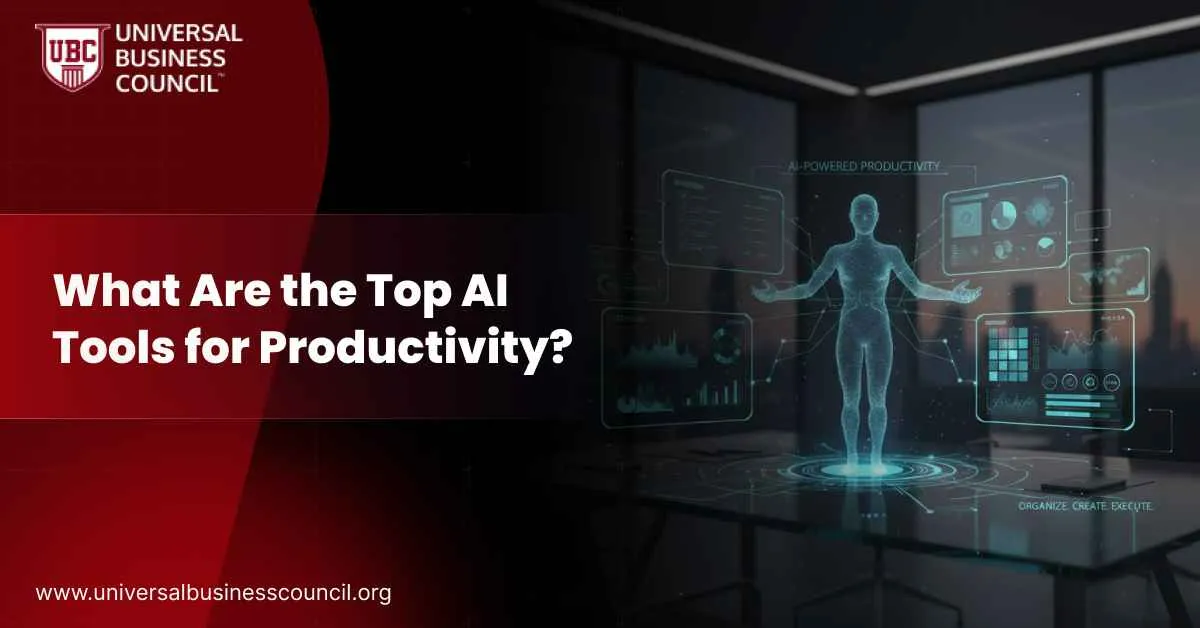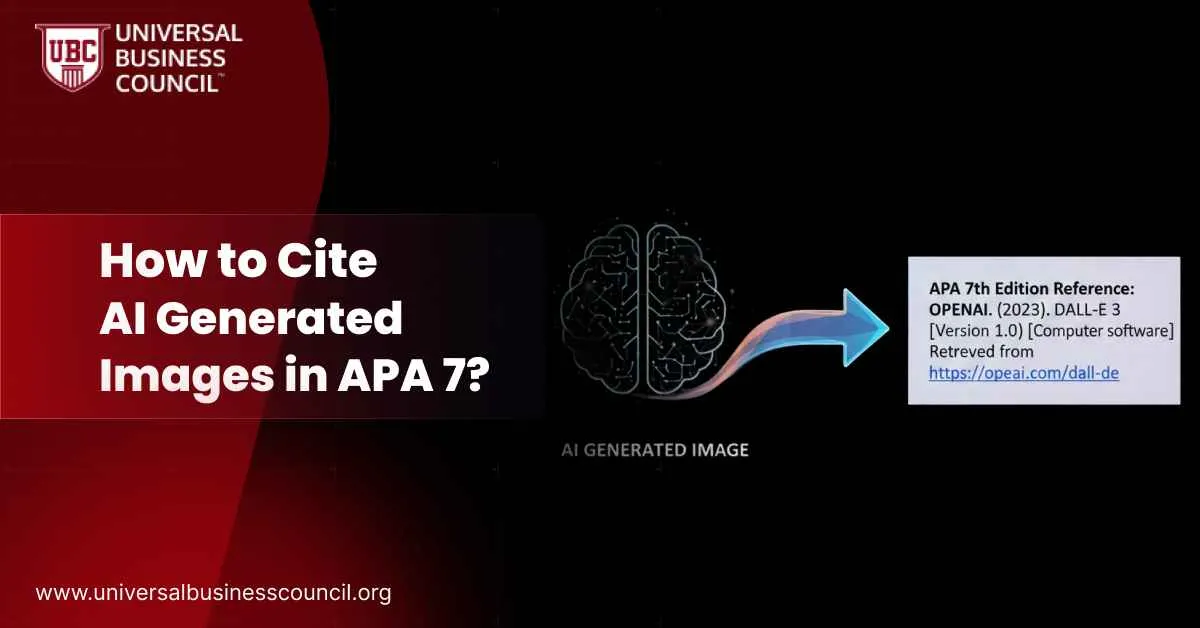 AI is no longer just a buzzword—it’s a daily assistant changing how we work, organize, and collaborate. In 2025, productivity tools powered by AI are helping people cut through repetitive tasks, handle meetings more efficiently, and even create content with less effort. But with so many tools out there, which ones stand out this year? Let’s break down the top options and what they bring to the table.
For professionals eager to take advantage of this fast-changing landscape, training options like the Marketing and Business Certification can provide the skills to actually put these tools to work in real business scenarios.
AI is no longer just a buzzword—it’s a daily assistant changing how we work, organize, and collaborate. In 2025, productivity tools powered by AI are helping people cut through repetitive tasks, handle meetings more efficiently, and even create content with less effort. But with so many tools out there, which ones stand out this year? Let’s break down the top options and what they bring to the table.
For professionals eager to take advantage of this fast-changing landscape, training options like the Marketing and Business Certification can provide the skills to actually put these tools to work in real business scenarios.
Why AI Productivity Tools Matter
Productivity has always been about doing more with less time. What makes AI different is its ability to not just speed up tasks but to anticipate needs, summarize complex information, and connect across apps. From managing your calendar to summarizing a two-hour meeting into a few clear action points, AI is taking the grunt work off the table.The Top AI Tools Driving Productivity in 2025
Here are some of the most impactful tools you can use right now, each designed to save time in different ways.ChatGPT Agent
OpenAI’s ChatGPT Agent is more than just a chatbot. It handles multi-step tasks by connecting directly with apps like Gmail, Slack, or GitHub. Imagine asking it to collect data, summarize it, and send it as an email draft—all in one go.NotebookLM
Google’s NotebookLM lets you upload documents, slides, or PDFs and turn them into a personal knowledge base. It can answer questions, generate summaries, or even give you an audio overview of a long report, making it invaluable for research and study.Adobe Acrobat Studio
Adobe reinvented the PDF workflow with Acrobat Studio. It provides a shared workspace for document collaboration, integrates AI to create infographics and summaries, and makes teamwork around files faster and more seamless.Jamie
Jamie is designed for meeting efficiency. It produces transcripts, generates action points, and creates summaries from video calls. If meetings leave you drained, this tool brings structure back into your schedule.Zapier AI
Zapier’s AI integration helps link different apps and automate workflows without coding. Think of it as the bridge between tools like Google Sheets, Slack, and Trello, letting you automate repetitive tasks that usually eat up your time.Smart Scheduling Tools
Platforms like Reclaim AI and Clockwise use AI to optimize your calendar. They block focus time, reschedule low-priority events, and protect you from overbooking, which is often the biggest hidden drain on productivity.Lumio AI
Lumio AI gives you a single place to compare outputs from different AI models. Instead of switching between tools, you can balance speed, cost, and quality all in one workspace.Galaxy AI
Samsung’s Galaxy AI, built into One UI 8, brings on-device productivity directly to smartphones. From summarizing notes to voice-assisted commands and quick image edits, it makes everyday phone use more efficient.AdaptAI
A research-driven tool, AdaptAI doesn’t just help with tasks. It senses environmental cues, such as stress or workload, and adapts how and when it sends reminders. It’s an early look at AI that works with human attention rather than against it.Comparison of AI Productivity Tools in 2025
| AI Tool | Main Productivity Advantage |
| ChatGPT Agent | Automates multi-step tasks across apps |
| NotebookLM | Transforms documents into a searchable knowledge base |
| Adobe Acrobat Studio | Collaborative PDF workspace with AI support |
| Jamie | Summarizes and organizes meetings |
| Zapier AI | Automates workflows between apps |
| Reclaim AI / Clockwise | Smart scheduling and focus time management |
| Lumio AI | Compares outputs from multiple AI models in one place |
| Galaxy AI | On-device assistance for mobile productivity |
| AdaptAI | Context-aware support that adjusts to user environment |




Leave a Reply